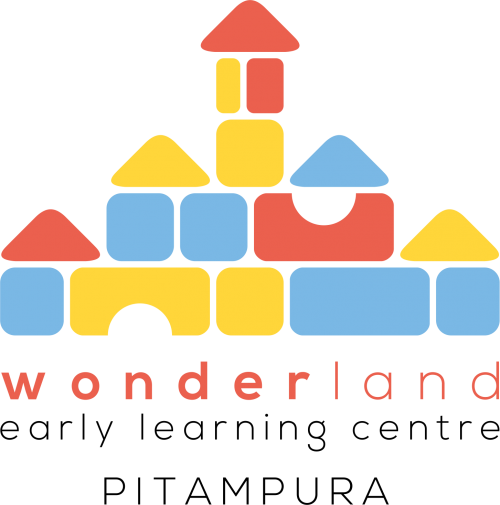Our Teaching Methodology
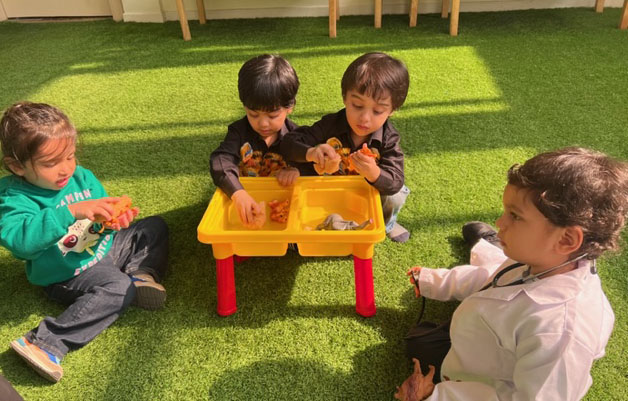
Wonderland’s Evolving Curriculum
Wonderland’s teaching practices began with the Montessori philosophy, developed by Maria Montessori in 1907 to equip children with 19th-century skills. Over time, Wonderland integrated the globally recognized International Early Years Curriculum (IEYC), rooted in British Early Childhood Education. While retaining the relevant aspects of Montessori and IEYC, Wonderland has enriched its curriculum by incorporating inquiry-based learning through play and adding teaching methods and equipment that celebrate both pre- and post-colonial Indian heritage. This evolving approach ensures that Wonderland meets the educational needs of today’s children.
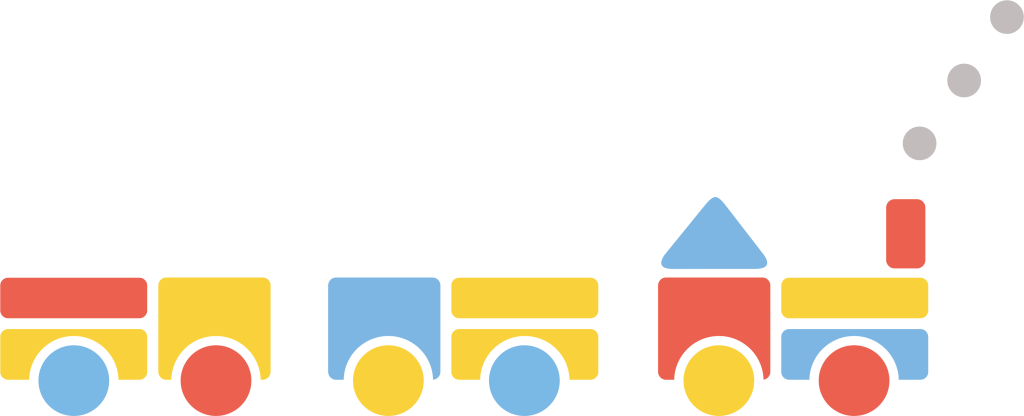
Enquiry-Based Learning at Wonderland
| Traditional Learning | Enquiry-Based Learning |
| Builds short-term memory skills | Develops long-term learning pathways |
| Traditional Learning | Enquiry-Based Learning |
Promotes task completion | Promotes understanding of processes for critical thinking |
| Traditional Learning | Enquiry-Based Learning |
Focuses on finding a predetermined answer | Develops problem identification and problem-solving skills |
| Traditional Learning | Enquiry-Based Learning |
Promotes competition | Promotes collaboration & cooperation |
| Traditional Learning | Enquiry-Based Learning |
Focuses on following directions/instructions | Promotes questioning, critical thinking, and innovation |
Aspect | Traditional Learning | Enquiry-Based Learning |
Memory & Skills | Builds short-term memory skills | Develops long-term learning pathways |
Task Focus | Promotes task completion | Promotes understanding of processes for critical thinking |
Answer Approach | Focuses on finding a predetermined answer | Develops problem identification and problem-solving skills |
Competition & Collaboration | Promotes competition | Promotes collaboration & cooperation |
Following vs. Innovation | Focuses on following directions/instructions | Promotes questioning, critical thinking, and innovation |
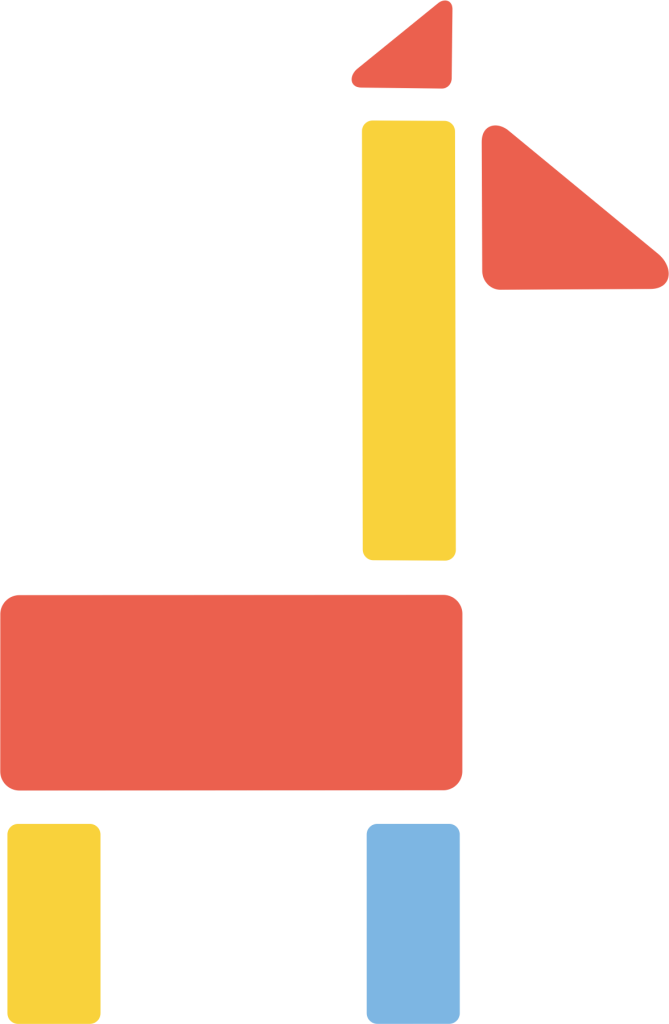
Core Foundations of the Wonderland Curriculum
Early Years Matter:
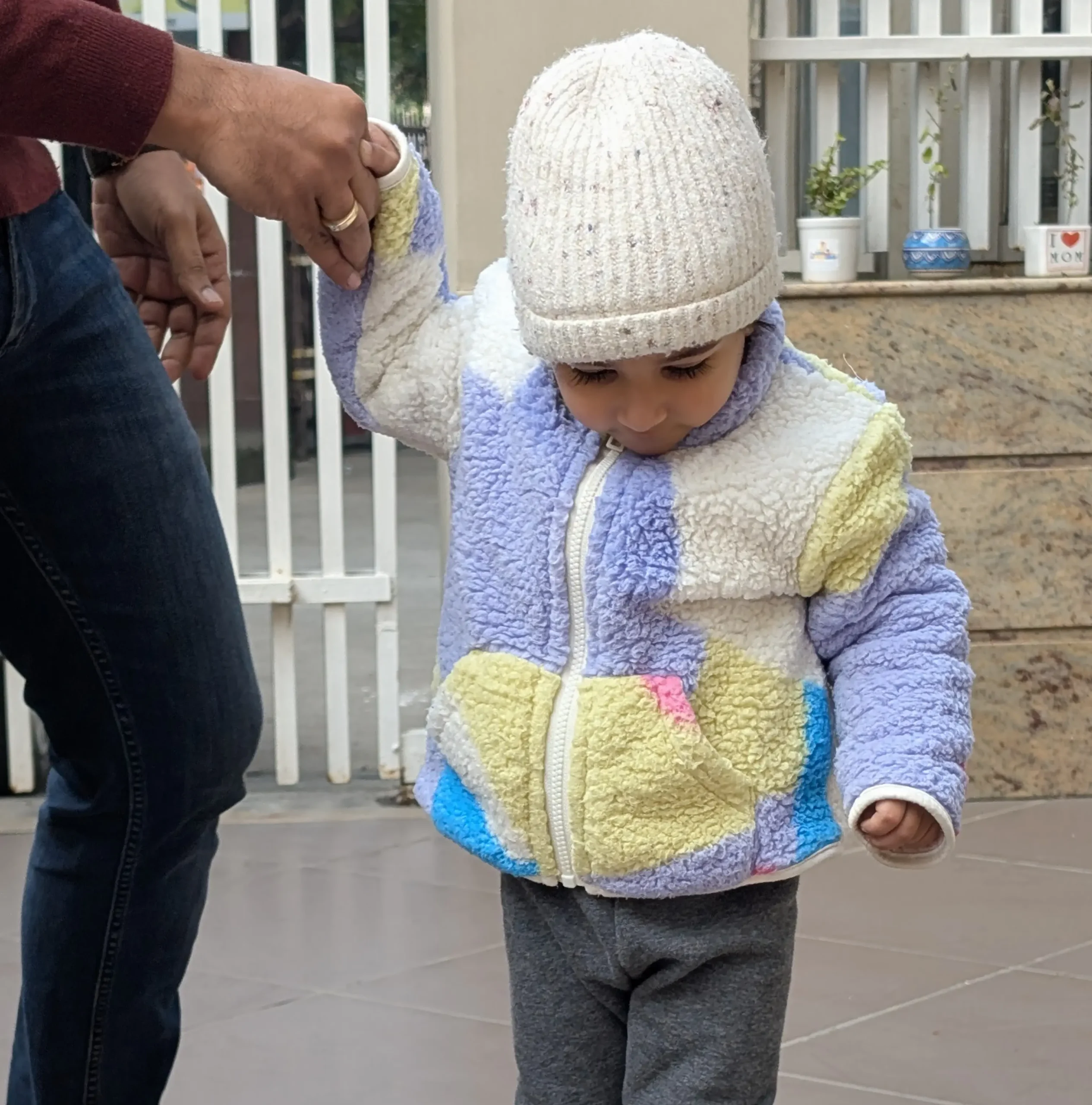
The earliest years of life hold intrinsic value and play a crucial role in shaping future learning.
Individual Learning Pace:
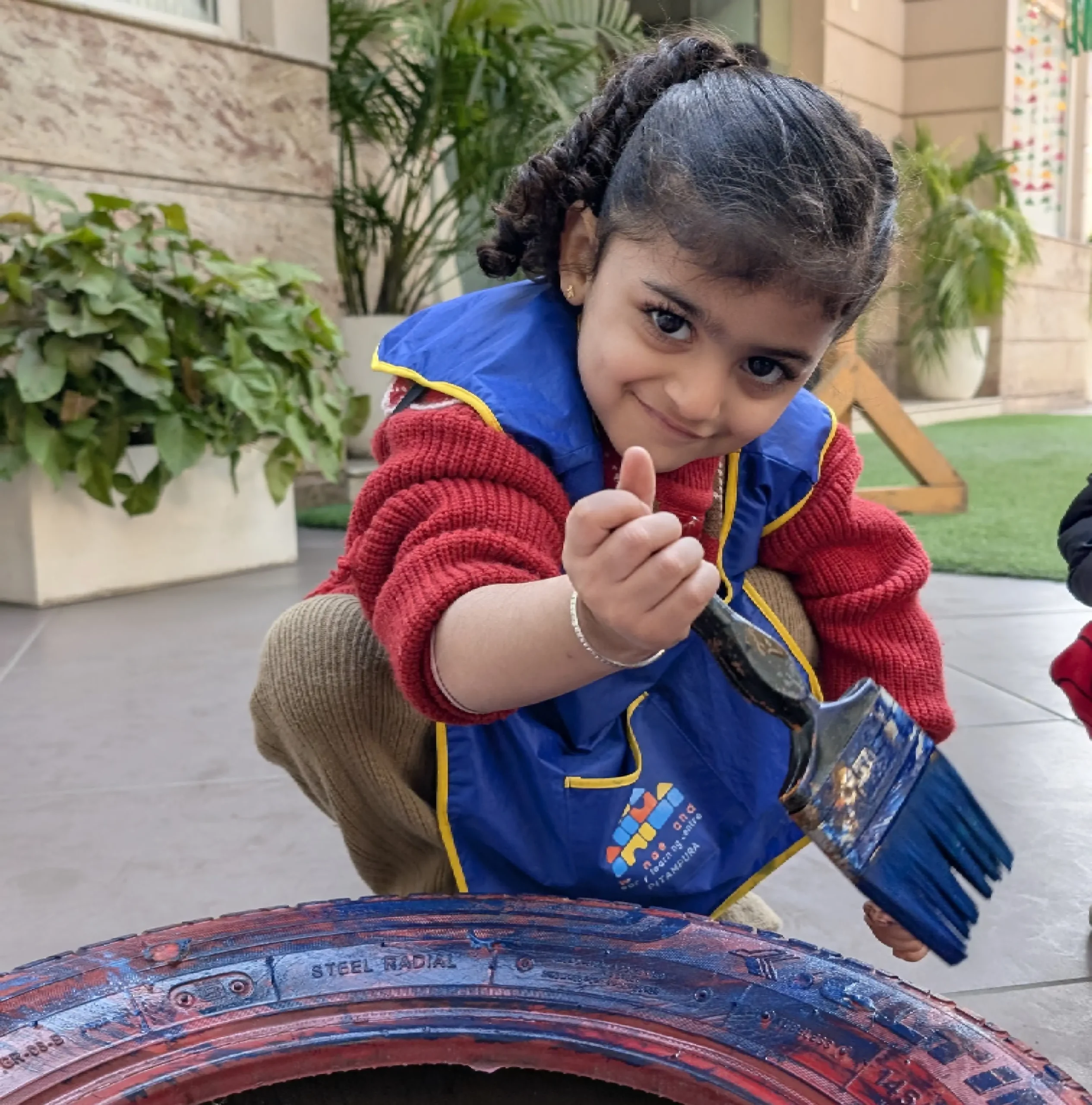
Every child should be encouraged to learn and grow at their own unique pace.
The Power of Play:
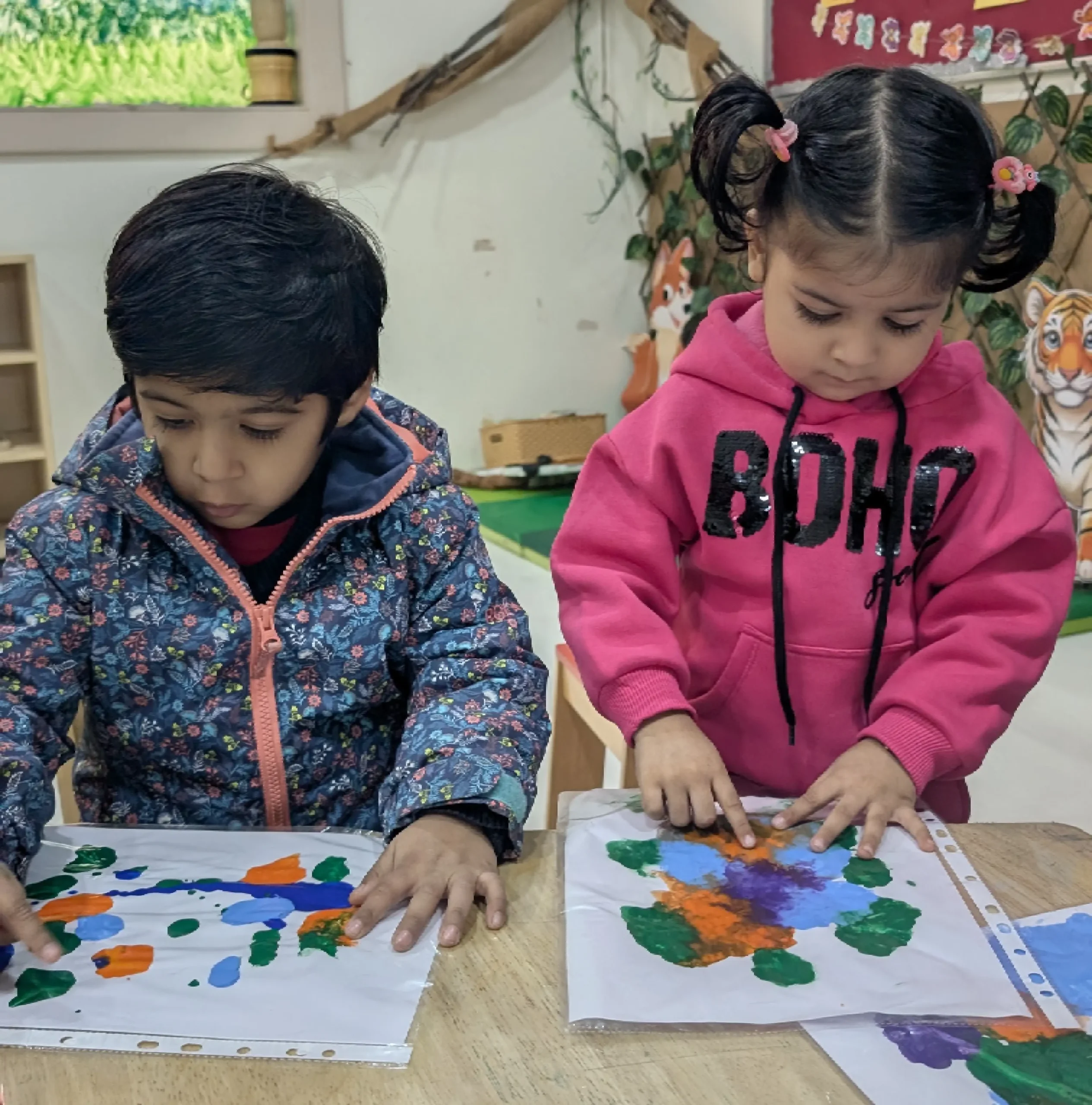
Play is a fundamental component of children’s learning and development.
Curiosity-Driven Learning:
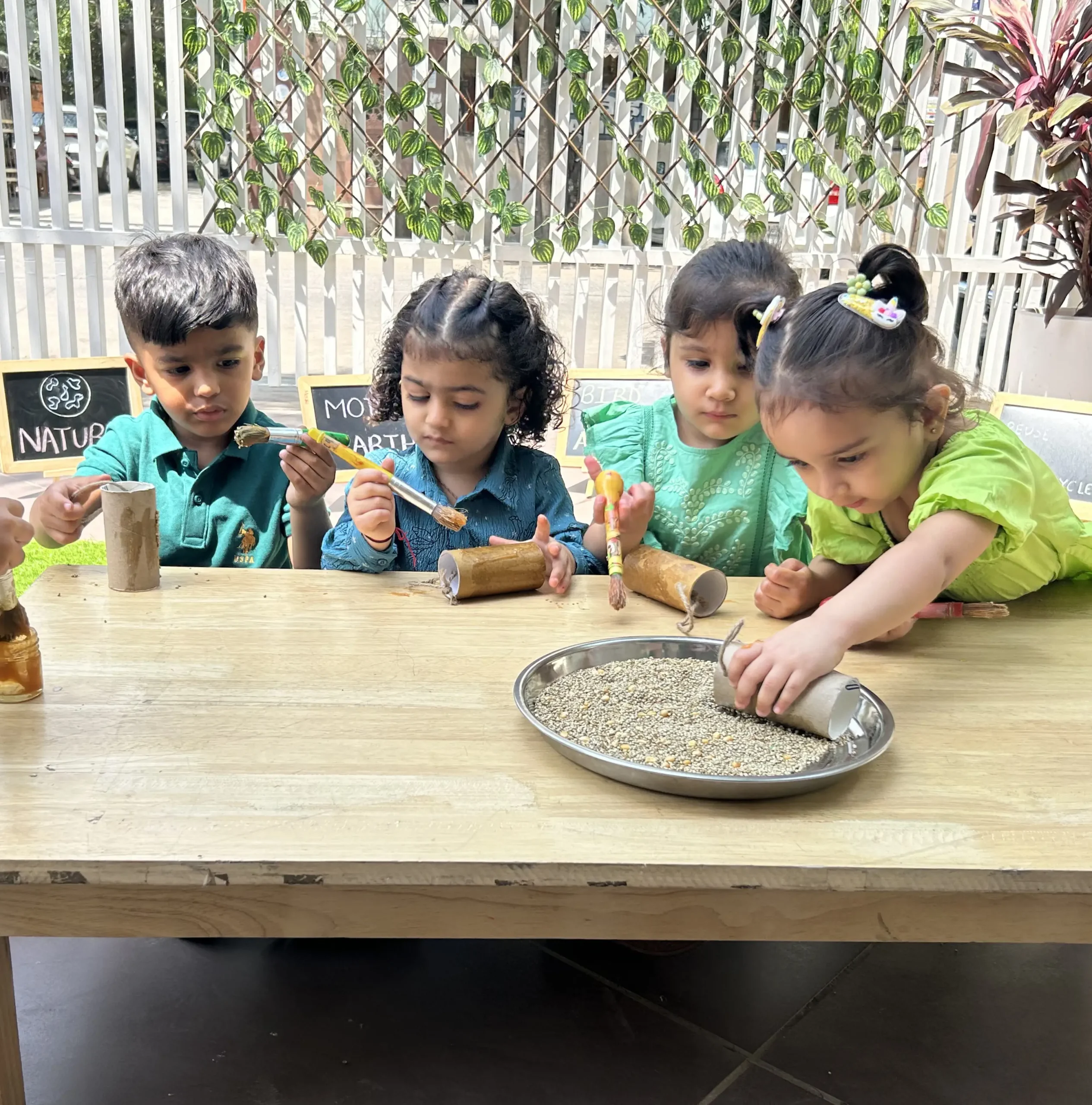
Learning thrives when developmentally appropriate, teacher-guided, and child-initiated experiences nurture children’s natural curiosity in an engaging environment.
Balanced Learning Experiences:
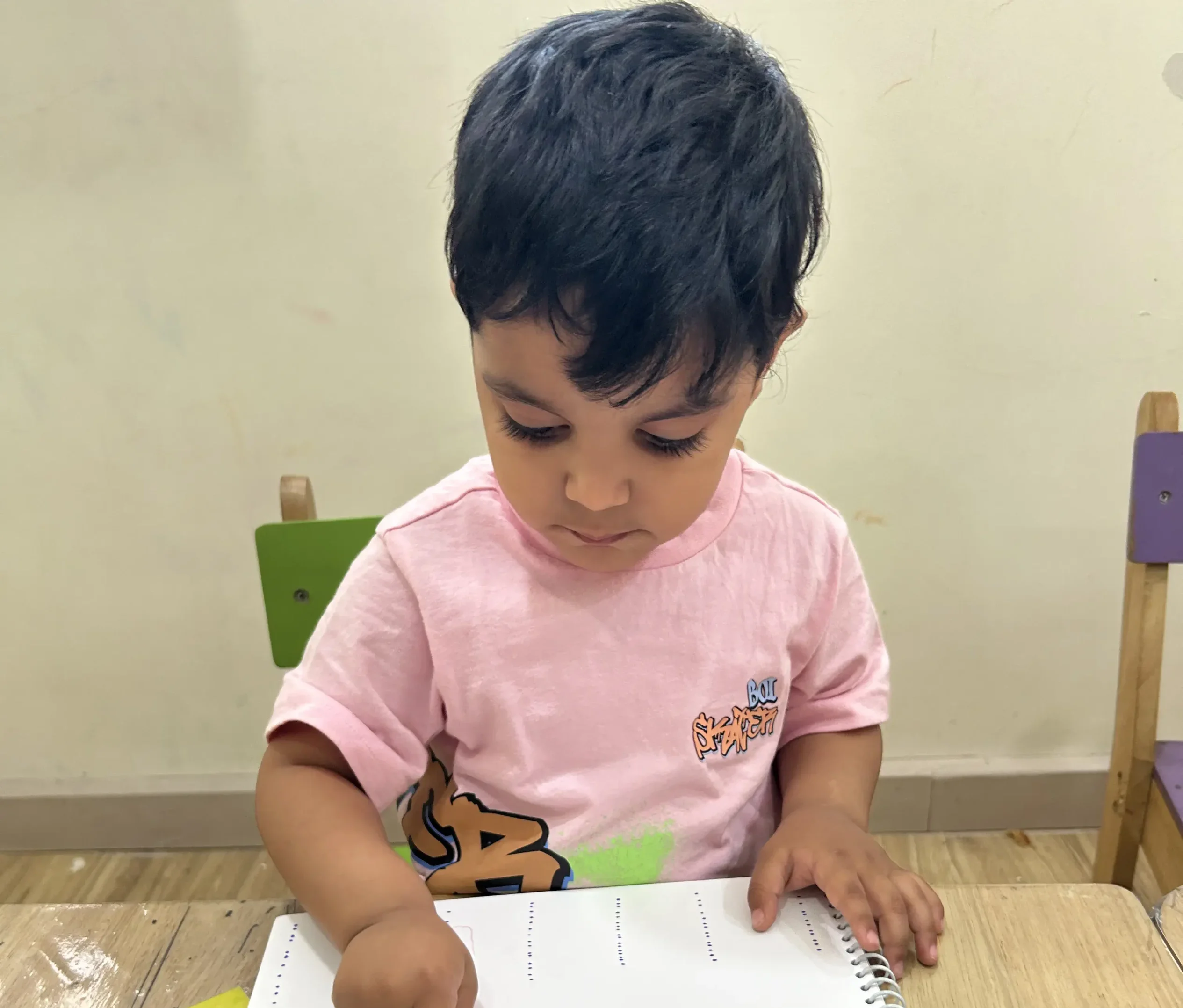
A mix of independent and collaborative learning experiences fosters personal growth and lays the foundation for international mindedness.
Exploration and Expression:
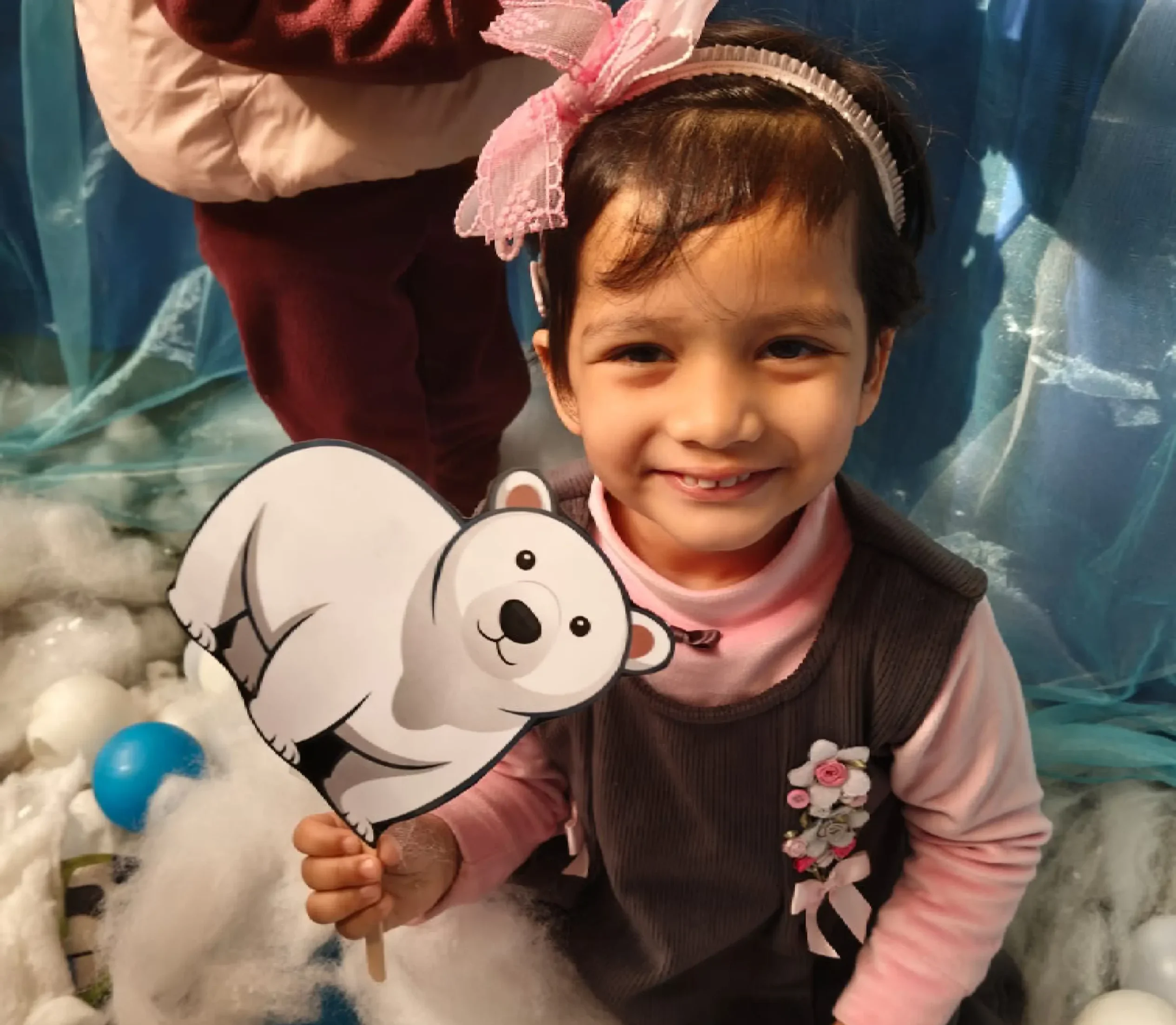
Children develop a deeper understanding when they are given opportunities to explore and express their ideas in diverse ways.
Home-School Connection:
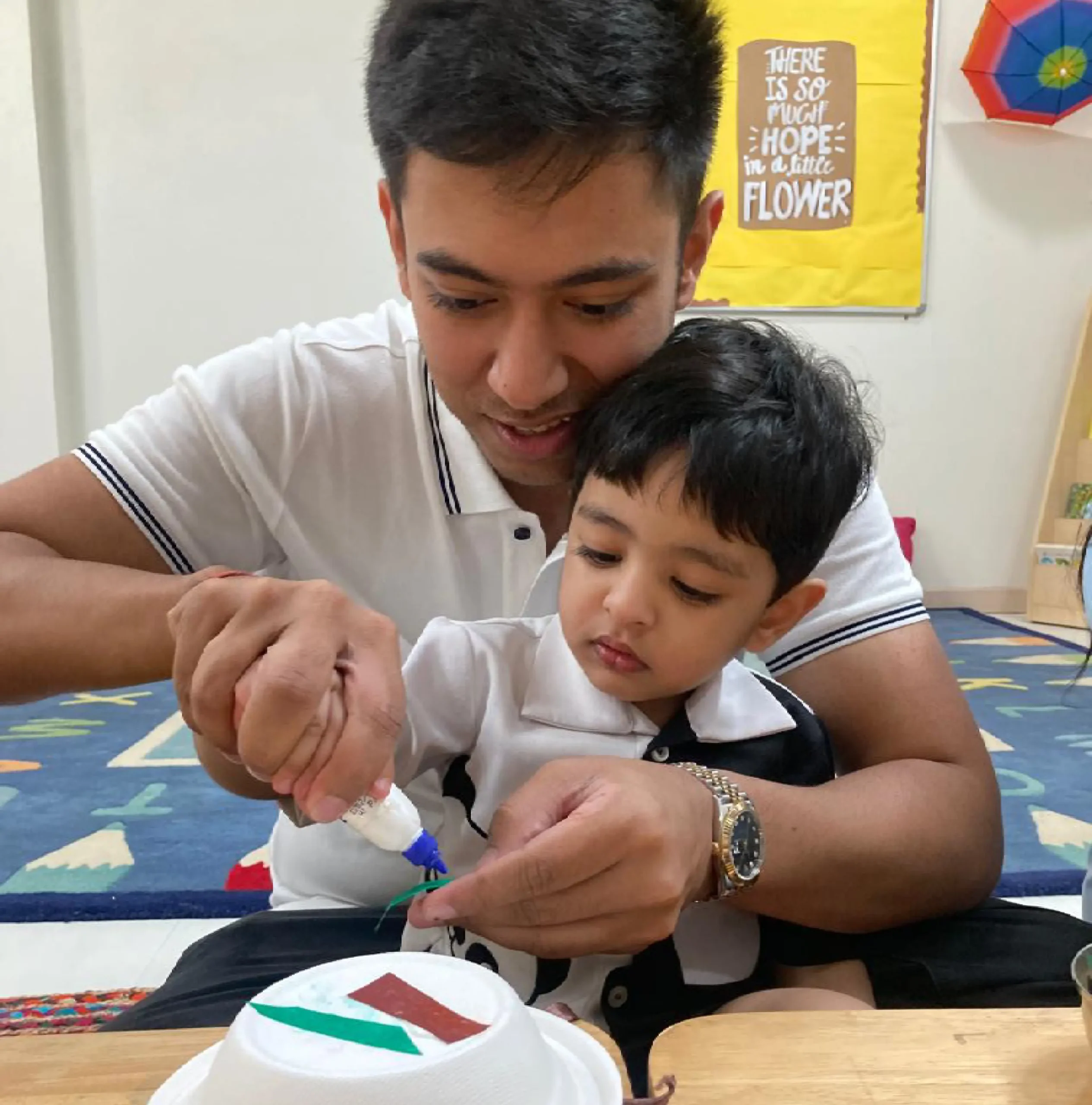
Ongoing assessment becomes more effective when it involves evaluation, reflection, and a strong learning partnership with families.
Joyful Learning Journey:
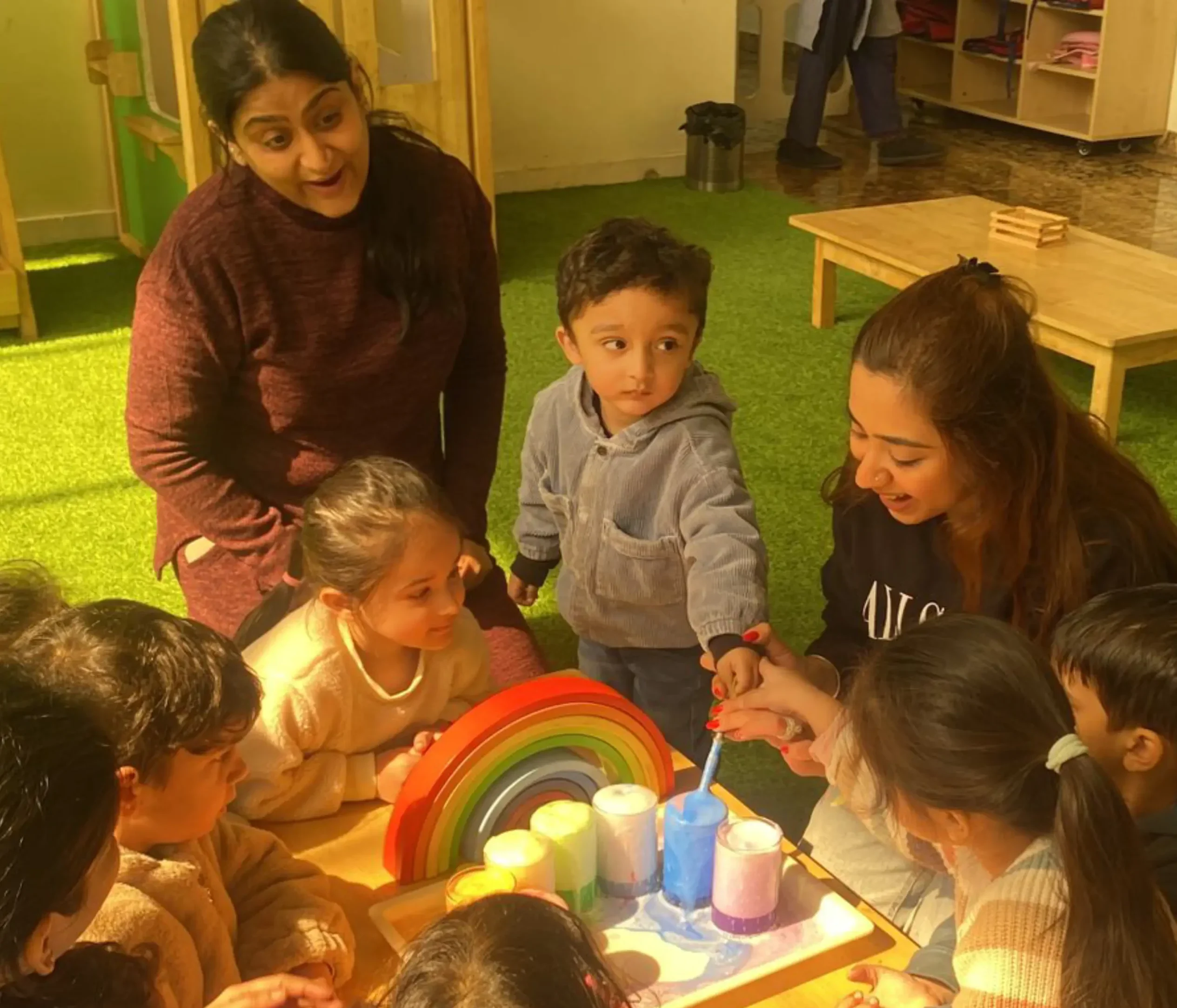
Learning should be engaging, exciting, and filled with wonder to spark curiosity and joy.
Inclusive and Culturally Respectful Environment:
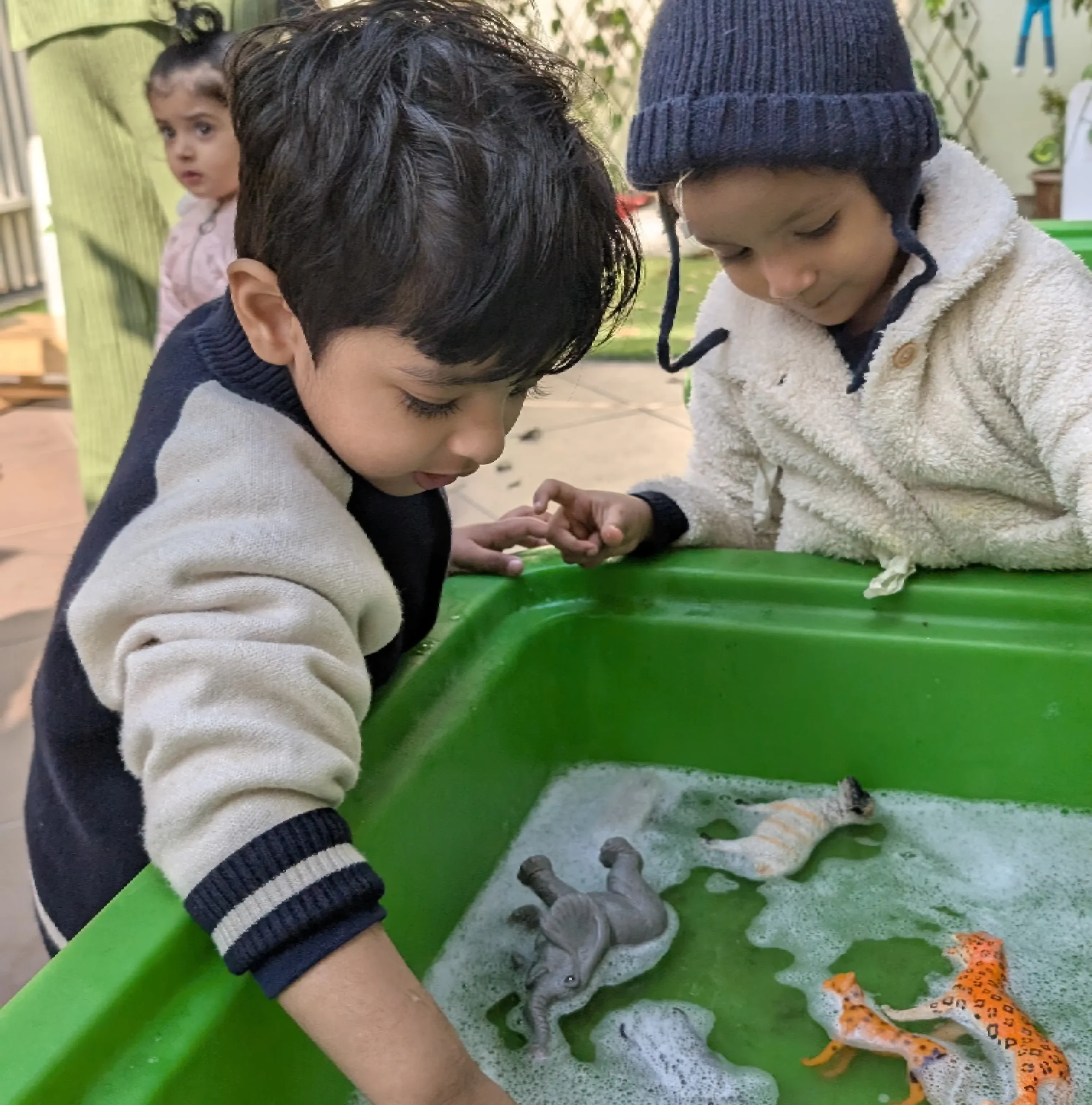
Children learn best in an environment that is culturally sensitive, inclusive, and supportive of diversity.

